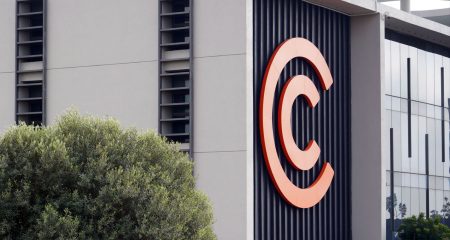
Reductions in mobile termination rates, the fees operators charge each other to carry calls between their networks, have had a direct impact on the retail price of prepaid telephony in South Africa, but tariffs are still far higher than elsewhere in Africa and further big cuts are needed.
That’s the key finding in the latest mobile pricing policy brief from Research ICT Africa (RIA), which focuses on public-interest research on information and communications technology policy and regulation. RIA is led by telecoms academic Alison Gillwald, who co-authored the paper with senior researcher Christoph Stork.
The brief, which has been published in the same week that parliament holds hearings in Johannesburg into the cost to communicate, recommends that the Independent Communications Authority of South Africa (Icasa) reduce wholesale mobile termination rates (MTRs) from their current 40c/minute — which they were cut to on 1 March 2013 — to as little as 10c/minute.
“South Africa’s prepaid prices continue to be very expensive in comparison to other African countries and prices are unlikely to come down until the MTRs are reduced to the cost of an efficient operator,” the RIA brief says. “Global and African benchmarking suggests this cost is in the region of US$0,01 or $0,02, or R0,10 to R0,20 at the current exchange rate. This is less than half of the current rate in South Africa.”
The report finds that the best performing African countries are those that have cost-based MTRs. “South Africa’s prepaid prices continue to be very expensive in comparison to other African countries and prices are unlikely to come down until the MTRs are reduced to the cost of an efficient operator.”
Even though Vodacom and MTN warned that the large cuts in MTRs in recent years — they fell from R1,25/minute in peak times in 2009 to 40c/minute now — would have had a deleterious effect on them and their ability to invest in new network infrastructure, the RIA brief claims the opposite has in fact happened.
“Vodacom and MTN are doing better than ever before despite lower termination rates and lower retail prices… Further reductions of termination rates and retail prices will expand the market, improve consumer welfare and improve the profitability of mobile operators — a win-win for all,” the research report says.

Although retail tariffs have come down significantly in recent years, South African prices are still three times higher than the cheapest product available from a dominant operator elsewhere in Africa (MTN Ghana).
The RIA report says Cell C, which has led the charge in reducing retail prices and taking the fight to Vodacom and MTN, will need a “supportive regulatory environment” coupled with “considerable inventiveness”. However, Icasa will need to assess whether the operator deserves to continue benefiting from “asymmetry”, where it pays its bigger rivals less to carry calls onto their networks than the other way around. Cell C CEO Alan Knott-Craig is lobbying for “aggressive asymmetry” to allow the company to compete more effectively and win market share.
“Without any transparency on Cell C’s financial situation, any assessment of the dangers of the company exiting the market … is impossible. This is something that the regulator will have to assess as it enters into its termination rate review this year,” the RIA report says.
“Cell C’s aggressive price reductions have certainly pressured the dominant operators into reducing their prices and the significant investment fillip it has received in recent months suggests it remains serious about growing the mobile market and eroding some of the market share of the dominant players.”
Cell C has grown its market share to 17%, with 11,5m customers, the research says. Vodacom’s market share is 44% and MTN’s 37%. — (c) 2013 NewsCentral Media




